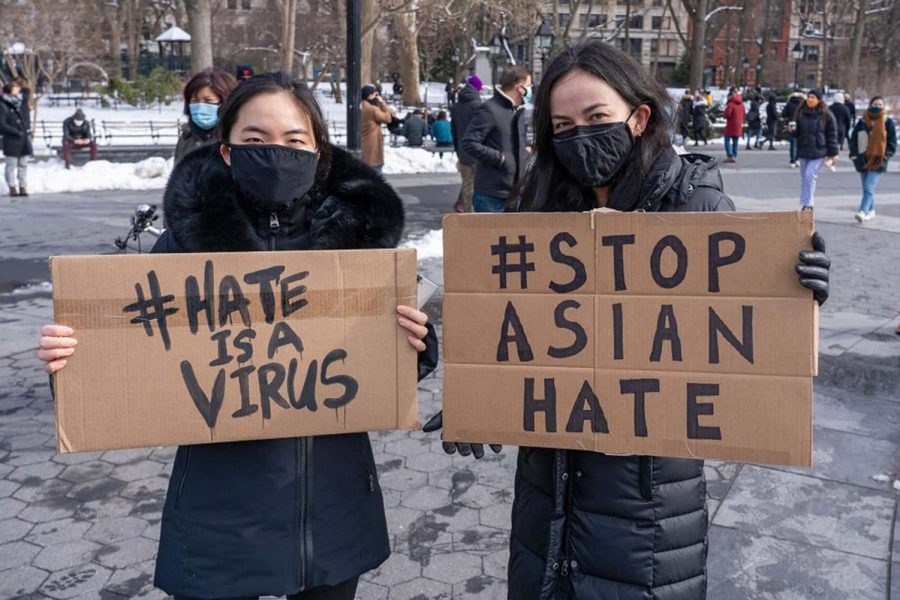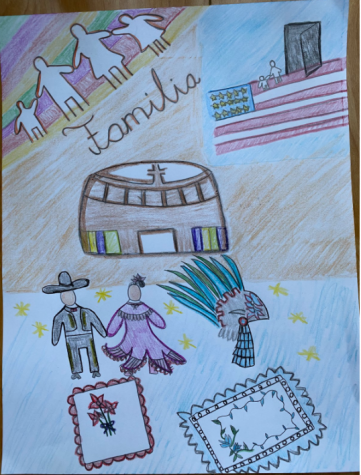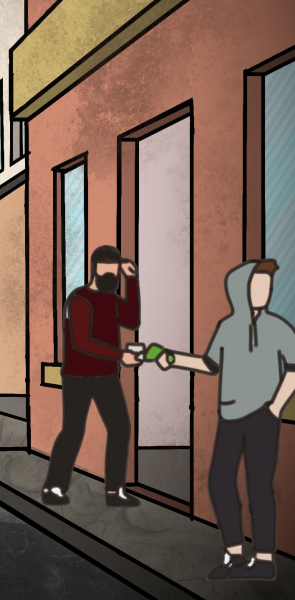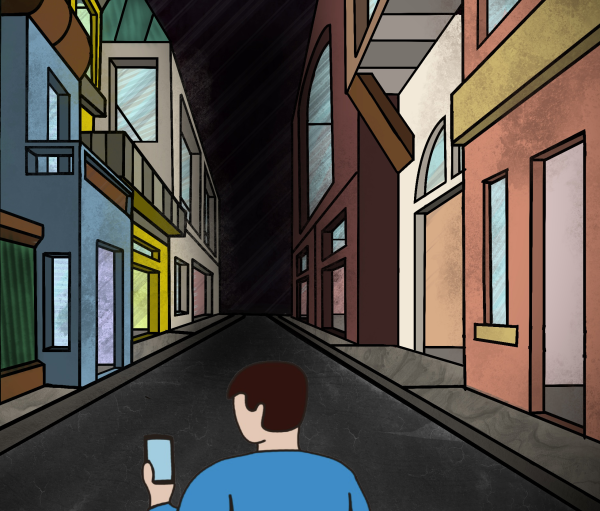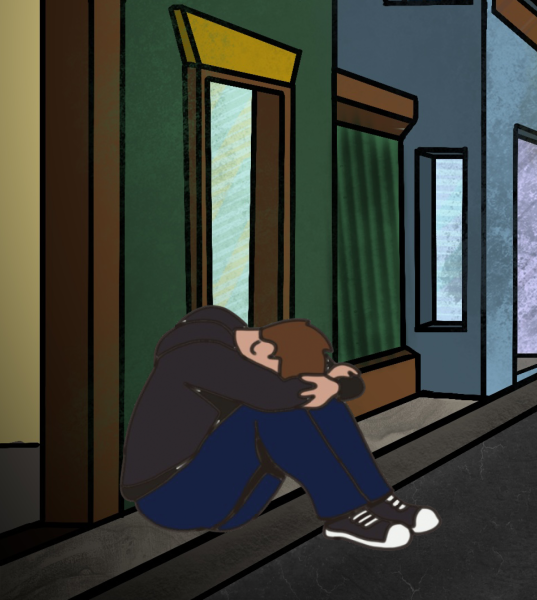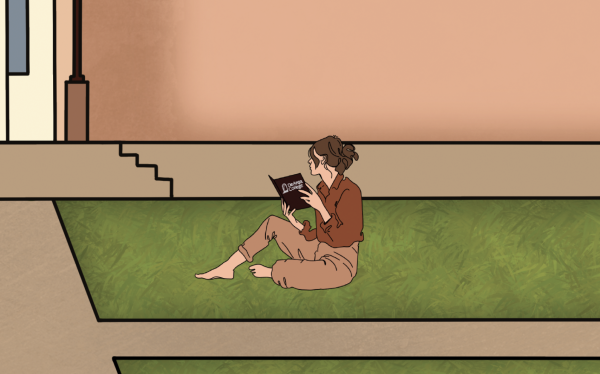AAPI Month: End AAPI hate
The Covid-19 pandemic has significantly impacted the entire planet. Since the start of quarantine, there has been a ubiquitous rise in prices, renewed drive-thru popularity and for a long period of time, heightened toilet paper demand. Unfortunately, there has also been a conspicuous rise in Asian American and Pacific Islander (AAPI) hate crimes.
Since the pandemic, there has been an alarming amount of anti-Asian hate crimes. In a recent survey conducted by Survey Monkey and AAPI Data, ten percent of the AAPI community have experienced a hate incident in 2021 so far. According to Stop AAPI Hate, between March 19, 2020, and March 31, 2021, there have been 6,603 hate incidents and crimes reported. A vast difference from 2019’s 2,600 incidents and even in 2019, that is 2,600 incidents too many. The most popular and pathetic form of discrimination is verbal harassment with this category making up 65.2% of incidents reported. Youth ages 0 to 17 years old report 11.0% and senior citizens, 60 years and older, report 6.6% of total incidents.
It is heartbreaking knowing that it is not even close to the total number of incidents. Toshiko Hasegawa, the Executive Director of the Washington State Commission on Asian Pacific American Affairs explained how language barriers and lack of access to public services such as health insurance are key reasons why anti-Asian attacks remain underreported. She added that in addition to language barriers there are also cultural barriers. Some amongst the Asian American community distrust or fear the government and law enforcement.
Out of fifteen major cities, hate crimes from January to March have surged by 169% compared to last year. Even San Francisco, a city just forty miles from us with a sizable Asian American population has had a 140% increase in hate crimes. Covid-19 had unfortunately helped stigmatize the AAPI community. Former President Donald Trump referred to Covid-19 as the “China virus” and mockingly called it the “Kung flu.” Terms like these and the continued spread of Covid-19 being blamed on China puts a target on all AAPI people.
The morning of Jan. 28 an elderly Thai San Francisco resident, Vicha Ratanapakdee, was shoved to death while going on his routine hour-long walk. In another incident in San Francisco on Mar. 18, an elderly Chinese woman, Xiao Zhen Xie, was punched in the face but had returned the favor by sending her attacker a punch of her own.
“He bullies old people. So I gave a punch,” Zhen Xie said in a video recorded by KPIX.
Her family had set up a GoFundMe page to pay for her medical expenses. The public’s response and generosity helped surpass the original goal and has raised over one million dollars. Now the family is using the money to fight against anti-Asian racism. Eight were murdered in spa shootings in Georgia, Atlanta last Mar. 16. Six out of the eight were Asian and five out of that six were women.
Yet for all of those crimes, whether or not they were racially motivated always seems to be questioned. When discussing the spa shooting, Atlanta police captain, Jay Baker, said the suspect, Robert Aaron Long, was just having “a really bad day.” The attack was declared as not racially motivated. Long later admitted he had a “sexual addiction” and seeing sources of “temptation” provoked him. This is sadly not new to Asian women. They are viewed as weak, obedient and submissive, making them easier targets in general. Asian American women have recorded twice as many hate crimes as opposed to Asian men. In recent years, women had made up 68% of reported incidents.
Racism against Asians and Asian Americans is not new. For decades and even centuries, they have put up with harassment, comments, threats, assaults and even murder. Now more than ever, we need to raise the voices of the AAPI community. This is the time for allies to listen and raise up AAPI voices.



